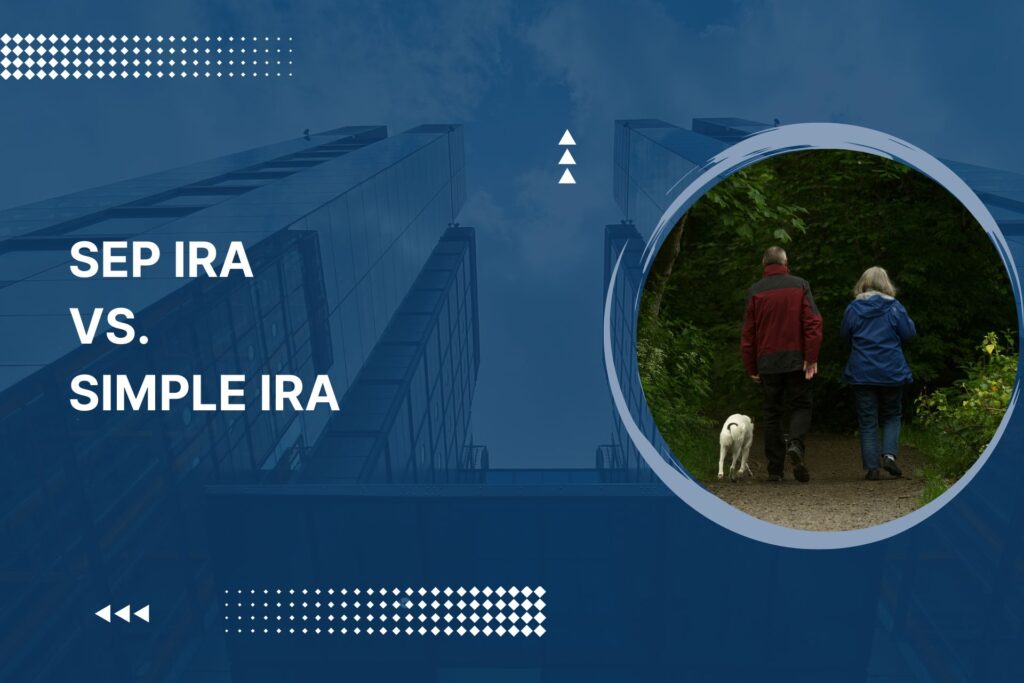Introduction: SEP IRA vs SIMPLE IRA
Understanding SEP IRA
A SEP IRA provides a straightforward and flexible option for employers and self-employed individuals to contribute towards retirement savings. Established by employers, SEP IRAs allow contributions to be made on behalf of eligible employees, including the business owner. One of the key advantages of a SEP IRA is its high contribution limit, which can be particularly beneficial for those with fluctuating incomes or seeking to maximize retirement savings.
Exploring SIMPLE IRA
On the other hand, the SIMPLE IRA is designed to provide a retirement savings option for small businesses with fewer than 100 employees. It offers a straightforward and cost-effective way for employers to help their employees save for retirement while also providing potential tax benefits for both employers and employees.
SEP IRA vs SIMPLE IRA
Up to 25% of employee’s compensation, with a maximum annual limit.
Employee contributions up to $13,500 in 2021 ($14,000 in 2022), with employer matching or non-elective contributions.
Want to Know More about IRA Plans?
Click here to Schedule a Free Consultation Today!Choosing the Right Option for You: SEP IRA vs SIMPLE IRA
Considerations for Decision-Making:
- Business Structure: Sole proprietors and small businesses may benefit from the simplicity and flexibility of SEP IRAs, while businesses with a stable workforce may find the employer matching feature of SIMPLE IRAs advantageous.
- In summary, both SEP IRAs and SIMPLE IRAs offer valuable retirement savings opportunities for employers and employees alike. Understanding the differences between these plans is crucial for making an informed decision that aligns with your financial goals and business needs. Whether you prioritize flexibility, contribution limits, or employee participation, selecting the right retirement plan can set the stage for a secure and prosperous financial future.Employee Participation: Evaluate your employees’ willingness and ability to contribute to their retirement savings, as this may influence the effectiveness of employer matching contributions.
- Tax Implications: Consult with a financial advisor or tax professional to assess the tax implications of each retirement plan option and how they align with your overall financial strategy.
Conclusion
In summary, both SEP IRAs and SIMPLE IRAs offer valuable retirement savings opportunities for employers and employees alike. Understanding the differences between these plans is crucial for making an informed decision that aligns with your financial goals and business needs. Whether you prioritize flexibility, contribution limits, or employee participation, selecting the right retirement plan can set the stage for a secure and prosperous financial future.


